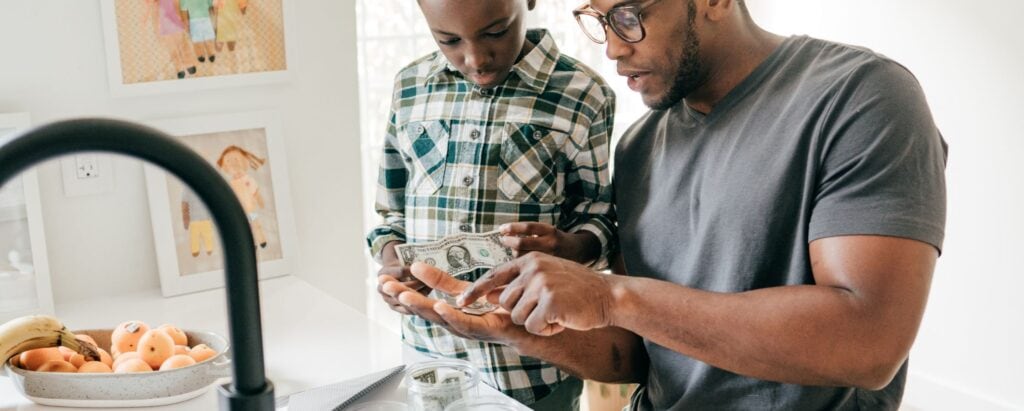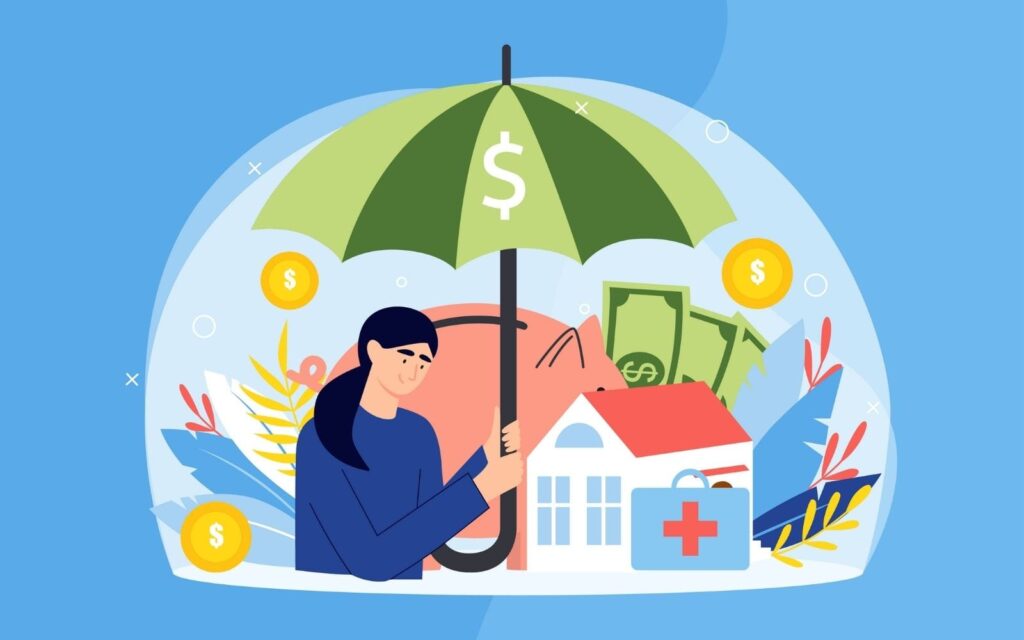Disclosure: This post may contain affiliate links. If you click on a link I may make a small commission at no extra cost to you. You can read the full disclosure here.
Last Updated on April 24, 2024 by Chris Panteli
Smart Money Moves

The 20s seem like the time to have fun. Most have just started making money and the opportunities to explore your interests with newfound financial freedom can be exciting. However, the decisions you make in your 20s can have lasting consequences, especially financial ones that can set you up for a secure future or drown you in debt.
Your 20s are critical years when you’re choosing a job, making the first major purchases like renting or buying a new house, spending on significant relationships, and setting up investments for the future. Learning how to spend, save, and invest your money effectively at this stage can ease financial anxiety and reduce the chances of making irresponsible financial decisions that can come back to bite you later.
This has become even more necessary now with the cost-of-living crisis, housing shortage, unstable employment, and unexpected events like the pandemic wrecking everything from jobs to living situations.
“We have so much more to cope with than previous generations,” says Hannah Nolan, financial planner at Paradigm Norton Financial Planning. With home prices rising faster than incomes and healthcare becoming unaffordable even for people with insurance, it’s difficult for the youth to make ends meet. “When combined with individuals in their
20s having low disposable income, whilst being at the start of their working lives, this creates obstacles,” Nolan says.
This is worsened by the lack of financial literacy with nearly 90% of respondents in a recent survey saying school didn’t prepare them to manage money in the real world.
At such times, making the right financial moves early in the earning days can make a huge difference to the quality of life in the future. That’s why early savings and investments are key.
Saving for retirement
“Saving for retirement is often the last thing people in their 20s have in mind, but this is the best time to start,” says Richard Barrington, financial analyst for Credit Sesame. “Because of compounding, even at a modest 6% annual return a dollar saved at age 25 will be 10 times as valuable by retirement age as a dollar saved when you’re 65.”
This can compound further as your income and subsequently investments grow. “If your employer makes 401(k) matching contributions, you can even further amplify the power of early savings,” Barrington adds.
Building an emergency fund
A key decision in your 20s is to build an emergency fund early, even when you don’t have immediate major expenses. You never know when you might lose your job, need to move out, or experience a significant health issue that burns through your savings.
“An emergency fund can save you from having to borrow to meet an unexpected expense,” Barrington says. “If you draw from an emergency fund to handle a financial setback rather than using a credit card, it can save you from paying a 30% interest rate.”
Limiting lifestyle creep
“A common mistake people make is letting their spending increase commensurate with their new salary,” says Robert R. Johnson, professor of finance at the Heider College of Business, Creighton University. “For instance, people move into a bigger apartment or buy a more expensive car or home to reward themselves for receiving the raise. They are unable to improve their financial condition because they spend everything they make.”
A smart move would be to invest the raise instead of spending it. “Suppose one receives a $5,000 annual raise early in one’s career,” Johnson says. “If you simply invest that $5,000 annually into an investment account growing at a 10% annual rate, you will have accumulated over $822,000 in 30 years.”
He quotes Warren Buffet’s iconic quote, saying, “Do not save what is left after spending; instead, spend what is left after saving.”
Investing in financial literacy
You can’t make smart money moves if you don’t know what they are. That’s why, one of the best money moves you can make is to teach yourself how to use your wealth effectively. “Read books, follow financial blogs, and attend workshops,” says Bill Ryze, a chartered financial consultant at Fiona.
A lot of this is free these days with millions of online articles, YouTube videos, e-books, and such available at a click. This can help you understand key concepts like the best investments to make, how to manage taxes, and how to handle your expenses by minimizing debt.
As Ryze says, “Knowledge is the best tool for making informed decisions.”
Want to know more about loud budgeting? Check out this post here.







